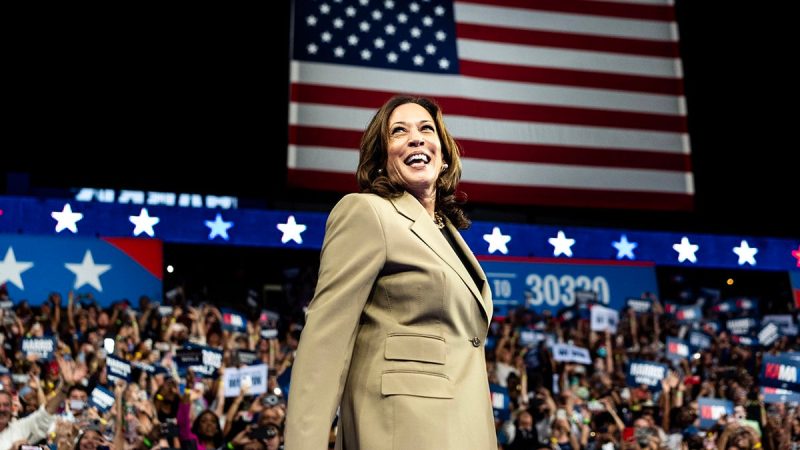In a move that could potentially redefine the relationship between the government and the pharmaceutical industry, there are growing calls for Vice President Kamala Harris to take a radical approach towards addressing the role of Big Pharma in the ongoing opioid crisis in the United States. With a track record of being tough on crime during her time as Attorney General of California, Harris is urged to shift her focus from bailing out Big Pharma to prosecuting it for its alleged role in fueling the deadly epidemic that has claimed thousands of lives.
The opioid crisis has reached unprecedented levels in recent years, with overdose deaths soaring and communities across the country being ravaged by the devastating effects of addiction. While Big Pharma has come under intense scrutiny for its aggressive marketing tactics and role in flooding the market with highly addictive painkillers, critics argue that the current approach of imposing fines and settlements on pharmaceutical companies does little to address the root causes of the crisis.
Advocates for holding Big Pharma accountable through criminal prosecutions point to the need for greater transparency and accountability within the industry. By bringing criminal charges against pharmaceutical companies and their executives, Harris could send a clear message that the reckless pursuit of profits at the expense of public health will not be tolerated. Such prosecutions could also serve as a deterrent for future misconduct and help to restore public trust in the pharmaceutical industry.
Furthermore, prosecuting Big Pharma could potentially pave the way for the implementation of more stringent regulations and oversight measures to prevent similar crises from occurring in the future. By holding pharmaceutical companies responsible for their actions, Harris could signal a shift towards a more equitable and just healthcare system that prioritizes the well-being of patients over corporate interests.
While the idea of prosecuting Big Pharma may seem like a bold and unprecedented step, it is not without precedent. In recent years, there have been successful prosecutions of pharmaceutical companies for various offenses, including marketing fraud and illegal promotion of drugs. By following in the footsteps of these cases, Harris could demonstrate a commitment to upholding the law and ensuring that justice is served for the victims of the opioid crisis.
In conclusion, Vice President Kamala Harris has a unique opportunity to make a lasting impact on the pharmaceutical industry by choosing to prosecute Big Pharma for its alleged role in the opioid crisis. By holding pharmaceutical companies accountable through criminal prosecutions, Harris can send a powerful message that the days of corporate impunity are over. As the nation grapples with the devastating consequences of the opioid epidemic, it is imperative that decisive action be taken to address the underlying causes of the crisis and prevent similar tragedies from occurring in the future. By choosing to prosecute Big Pharma, Harris has the chance to stand on the side of justice and accountability, and to champion the interests of those who have been most severely impacted by the actions of the pharmaceutical industry.




























